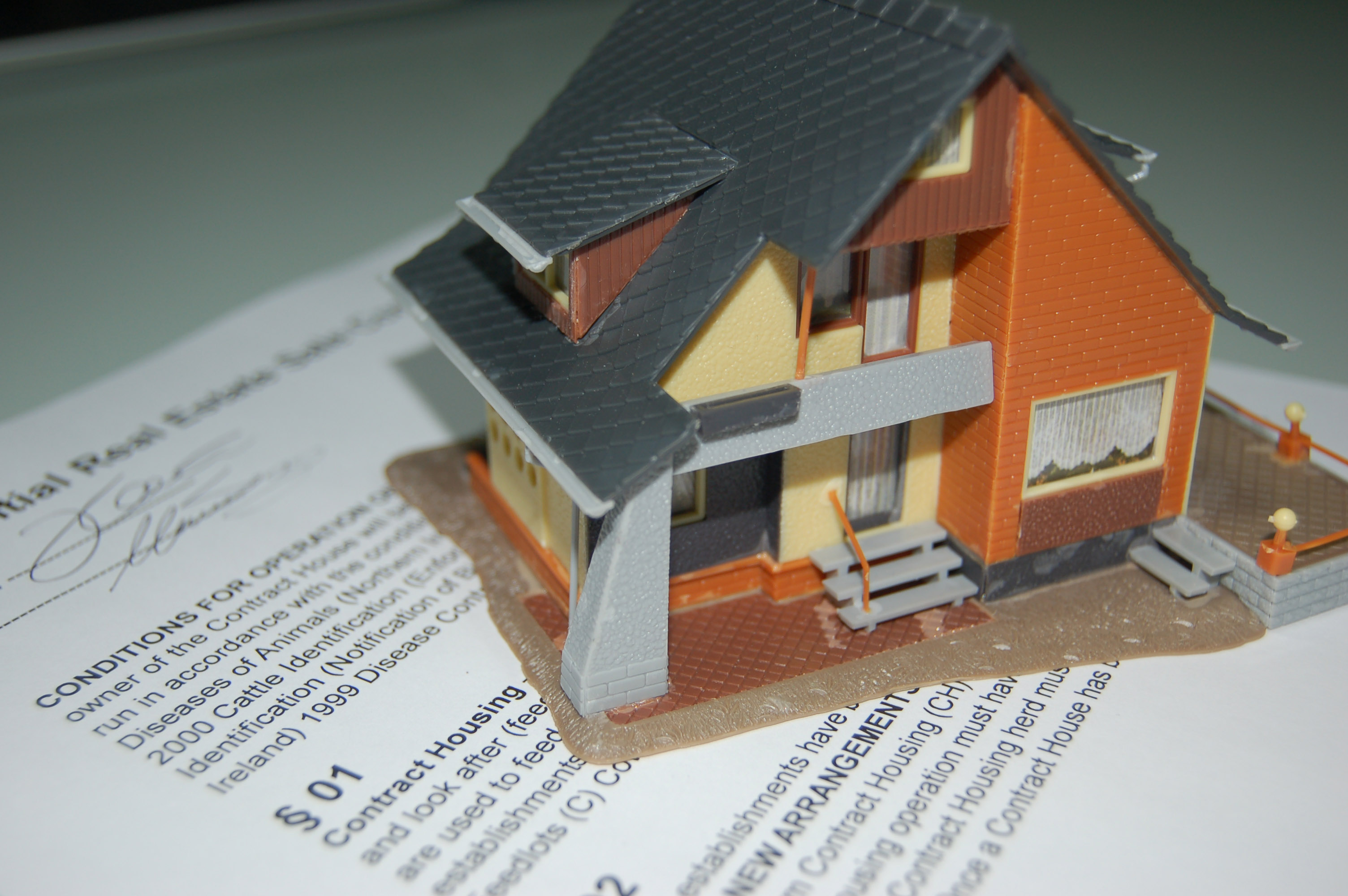The Landlord’s Liens
I previously wrote in this blog about the distraint process available to commercial landlords in New Jersey – a sometimes cumbersome process the purpose of which is to put into the landlord’s pocket at least some of the back rent due from a defaulting tenant (see The Distress of Distraint). In addition to the distraint statutes, there are other means available by way of statutes and contract provisions to protect a commercial landlord’s entitlement to unpaid back rent.
N.J.S.A. 2A:42-1 gives a landlord a preference for up to one year of unpaid rent over any other execution or judgment creditor who seeks to levy on a tenant’s personal property in the leased premises. Note that this preference in payment is subordinate to a security interest perfected according to the Uniform Commercial Code (“UCC”). Thus, if a creditor armed with a judgment levies on the tenant’s goods located at the leased premises, the levying creditor must first pay the landlord up to one year’s worth of unpaid rent. The statute does not give the landlord a lien in the traditional sense, but a preference in payment, out of the tenant’s personal property left on the premises, over other creditors, including those holding execution, who are not lienholders.
N.J.S.A. 2A:44-166 (the Loft Lien Act). Where a tenant is using commercial premises for "manufacturing purposes," the Loft Lien Act gives the landlord a lien against machinery for rent arrears up to 6 months of rent. Unlike the preference given to landlords in N.J.S.A. 2A:42-1, a Loft Act lien has priority over any lien or mortgage created after the machinery is placed in the leased premises, including liens of secured creditors. As a practical matter, if a tenant requires financing to obtain the equipment necessary to run its business, most secured creditors will insist the landlord either waive or subordinate its lien to the secured creditor’s rights in the equipment. However, in those instances where there is no secured creditor in the picture, the landlord may sell the tenant’s equipment to satisfy up to 6 months of rent arrearages. This lien attaches to the tenant’s assets and any purchaser takes subject to the lien.
In addition to the statutory protections detailed above, a commercial landlord may include in its lease a provision granting the landlord a security interest in the tenant’s personal property. I have seen these provisions in many leases; however, it is not enough to simply write the provisions into the lease. In order for the security interest to be effective, the landlord must follow the steps necessary to perfect its interest under the UCC.


